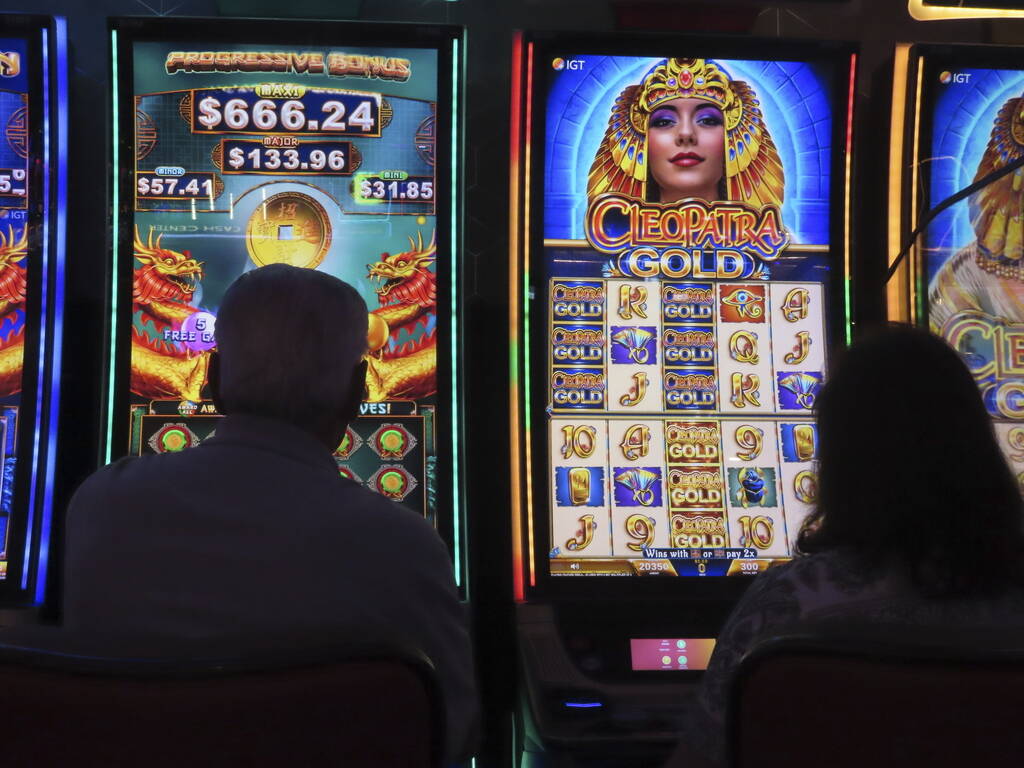What states don’t have legalized gambling?
Nevada Gov. Fred Balzar probably had no idea how significant his signing of Assembly Bill 98 into law in 1931 would be nearly a century later.
Nevada became the first U.S. state to legalize gambling with the legislation that lifted a ban on gambling enacted in 1909 and was a measure designed to counter the Great Depression.
Today, the Nevada Gaming Control Board says there are 435 licensed casinos operating in the state.
Nevada didn’t operate the first known U.S. casino. In 1815, a casino developed in New Orleans was licensed and taxed to raise money for city charities.
Today, the casino landscape is broad nationwide and it’s actually easier to list which states don’t have casinos.
Counting both tribal and commercial casinos, the only states that don’t have them are South Carolina, Georgia, Utah and Hawaii, according to the American Gaming Association. They generated $115 billion in gross gaming revenue in 2024, providing an economic impact of $328.6 billion, tax and revenue shares of $52.7 billion and jobs for 1.8 million people.
Legalized commercial gaming is offered in 27 U.S. states.
They are: Maine, Massachusetts, Rhode Island, New York, Pennsylvania, New Jersey, Delaware, Maryland, Virginia, West Virginia, Florida, Ohio, Michigan, Indiana, Illinois, Iowa, Missouri, Arkansas, Louisiana, Mississippi, South Dakota, Nebraska, Kansas, Oklahoma, Colorado, New Mexico and Nevada.
Each state’s respective legislatures passed laws to enable legalized gambling. After Nevada’s approval 94 years ago, New Jersey, focusing on Atlantic City, approved casinos in 1977. The newest states to approve casinos: Nebraska and Virginia.
The nation’s Indian tribes are authorized to build casinos through agreements called compacts with the governors of their respective states.
Legalized tribal gaming is offered in 33 U.S. states.
They are: New York, Connecticut, North Carolina, Florida, Alabama, Mississippi, Louisiana, Michigan, Indiana, Wisconsin, Minnesota, Iowa, Missouri, Arkansas, Louisiana, Mississippi, North Dakota, South Dakota, Nebraska, Kansas, Oklahoma, Texas, Montana, Idaho, Wyoming, Colorado, New Mexico. Arizona, Washington, Oregon, California, Alaska and Nevada.
Two other forms of legalized gambling have emerged — sports wagering and online iGaming.
The Professional and Amateur Sports Protection Act of 1992 was repealed by the U.S. Supreme Court in 2018, opening a new era of sports wagering in all but 12 U.S. states.
States that don’t allow sports gambling are South Carolina, Georgia, Alabama, Minnesota, Oklahoma, Texas, Idaho, Utah, California, Alaska and Hawaii. Missouri recently approved sports gambling, but it has yet to be enacted.
The newest frontier in legalized gambling is iGaming, legalized wagering over the internet, and only seven states have enacted it — Nevada is not one of them.
The seven states where iGaming is legal are Connecticut, Rhode Island, New Jersey, Delaware, Pennsylvania, West Virginia and Michigan.
Contact Richard N. Velotta at rvelotta@reviewjournal.com or 702-477-3893. Follow @RickVelotta on X.



















